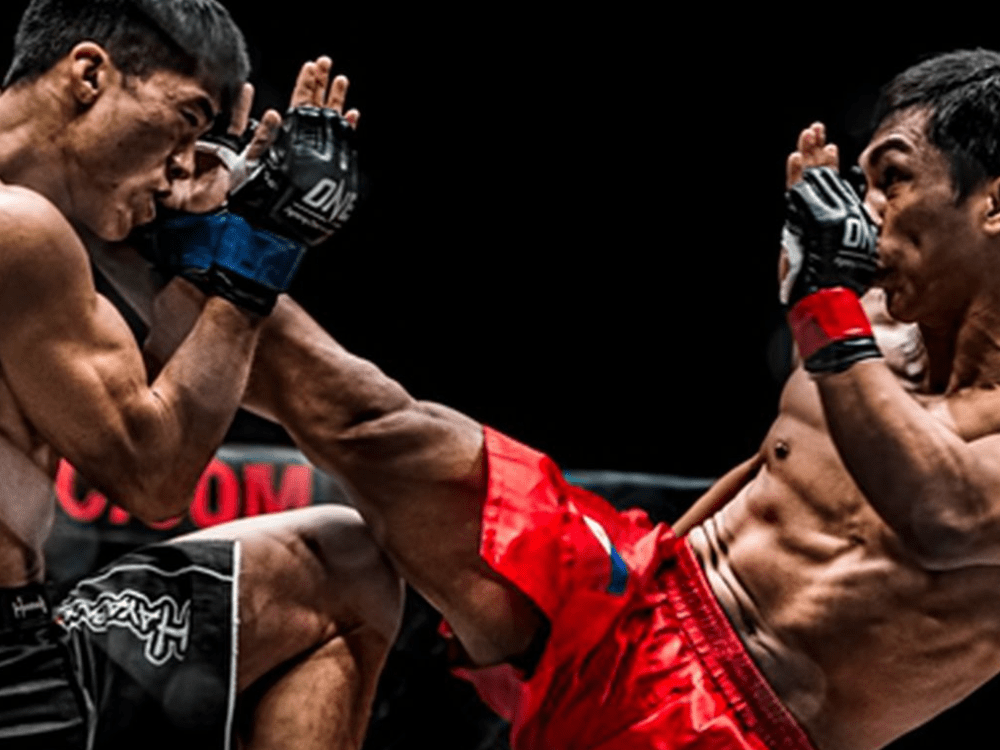

In recent years, the world of mixed martial arts (MMA) has gained significant popularity, captivating audiences with its intense fights and skilled athletes. However, beyond the physicality and excitement of the sport, there is a deeper connection between MMA and mental health that often goes unnoticed. This article aims to explore the profound impact that MMA can have on mental well-being, highlighting the therapeutic benefits, personal growth, and resilience that can be cultivated through the practice of this combat sport. So, put on your gloves and step into the ring as we delve into the world of MMA and its positive influence on mental health.
Life can be overwhelming, and stress can build up, affecting our mental and emotional well-being. MMA provides an outlet for individuals to release their pent-up emotions and stress in a controlled and disciplined environment. The physical exertion and adrenaline rush experienced during training and fights can help reduce anxiety, tension, and even symptoms of depression. Through intense physical activity, individuals can channel their energy into something productive, allowing them to let go of negative emotions and find a sense of calm.
One of the most significant benefits of MMA and mental health is the boost it provides to self-confidence and empowerment. As individuals progress in their training and develop their skills, they gain a sense of accomplishment and belief in their abilities. The discipline and dedication required in MMA training instill a strong work ethic and a belief in one’s own capabilities, which can translate into other areas of life. This newfound confidence can have a transformative effect on mental health, empowering individuals to overcome challenges and face adversity with resilience.
MMA training demands discipline and focus, both physically and mentally. The rigorous training routines and the need to adhere to specific techniques and strategies require individuals to develop discipline and focus their minds. This discipline extends beyond the training mat and can positively impact other aspects of life, such as work, relationships, and personal goals. By cultivating discipline and focus through MMA, individuals can enhance their mental clarity, improve their ability to concentrate, and develop a stronger sense of self-control.
MMA is a sport that pushes individuals to their limits, both physically and mentally. It requires participants to face their fears head-on and confront their vulnerabilities. Through the challenges and adversities faced in training and fights, individuals learn to overcome their fears and develop resilience and other benefits to MMA and mental health. This process of facing and conquering fears can have a profound impact on mental health, as it builds inner strength, courage, and the ability to persevere in the face of adversity.
In the fast-paced world we live in, it can be challenging to find moments of stillness and inner peace. MMA training provides an opportunity for individuals to cultivate mindfulness and emotional regulation. The focus required during training helps individuals become more present in the moment, allowing them to let go of distractions and connect with their bodies and minds. This practice of mindfulness can improve mental clarity, reduce stress, and enhance overall well-being.
MMA is not just an individual sport; it is also a community. Training in MMA often involves working closely with teammates, coaches, and sparring partners. This sense of camaraderie and support creates a strong support system that extends beyond the training mat. The bonds formed within the MMA community can provide individuals with a sense of belonging, social connection, and emotional support. This support network plays a crucial role in maintaining mental well-being, as it provides a safe space for individuals to share their struggles, celebrate their victories, and lean on each other during challenging times.
MMA, or Mixed Martial Arts, is a combat sport that combines techniques from various disciplines such as boxing, wrestling, Brazilian Jiu-Jitsu, Muay Thai, and more. When it comes to mental health, MMA can have both positive and negative impacts, depending on how it is approached and practiced.
Positive Impact of MMA and Mental Health
Negative Impact Of MMA and Mental Health
It’s important to note that while MMA can have positive effects on mental health, it should not be considered a substitute for professional mental health treatment. If someone is struggling with mental health issues, it’s essential to seek the guidance of a qualified mental health professional who can provide appropriate support and treatment.
MMA is not just a sport; it is a powerful tool for improving mental health and well-being. Through its therapeutic benefits, personal growth opportunities, and cultivation of resilience, MMA offers individuals a pathway to better mental and emotional well-being. Whether it’s the stress relief and emotional release, the boost in self-confidence, or the discipline and focus developed through training, MMA has the potential to transform lives. So, if you’re looking for a way to enhance your mental health journey, consider stepping into the world of MMA and experience the profound connection between mind and body.
Remember, the key to success in MMA and in life lies in the balance between discipline, determination, and self-care. Embrace the challenges, embrace the growth, and embrace the power of MMA on your mental health journey.






Enter your email address to receive news from us. We do not supply this to anyone else. We do not spam.